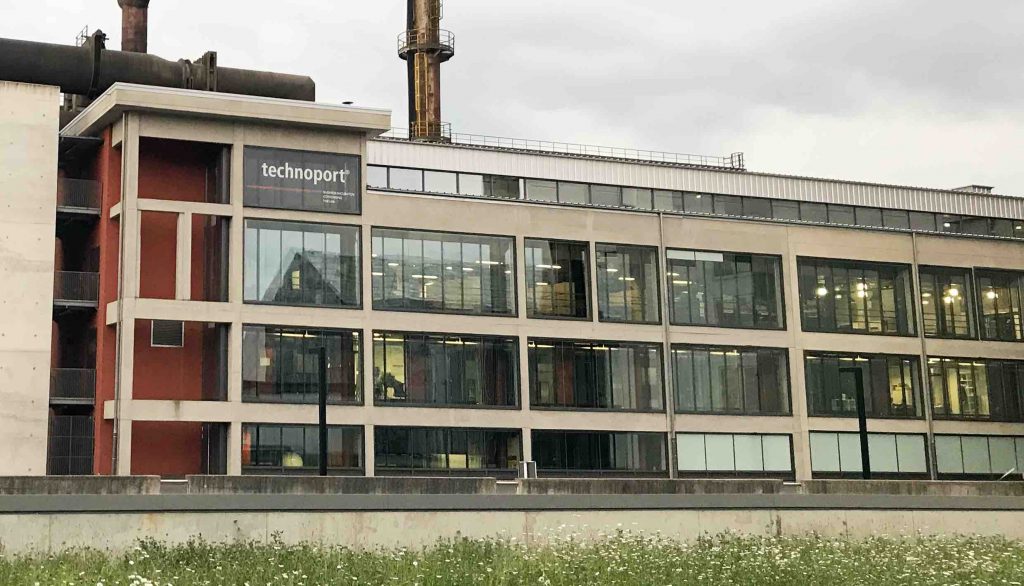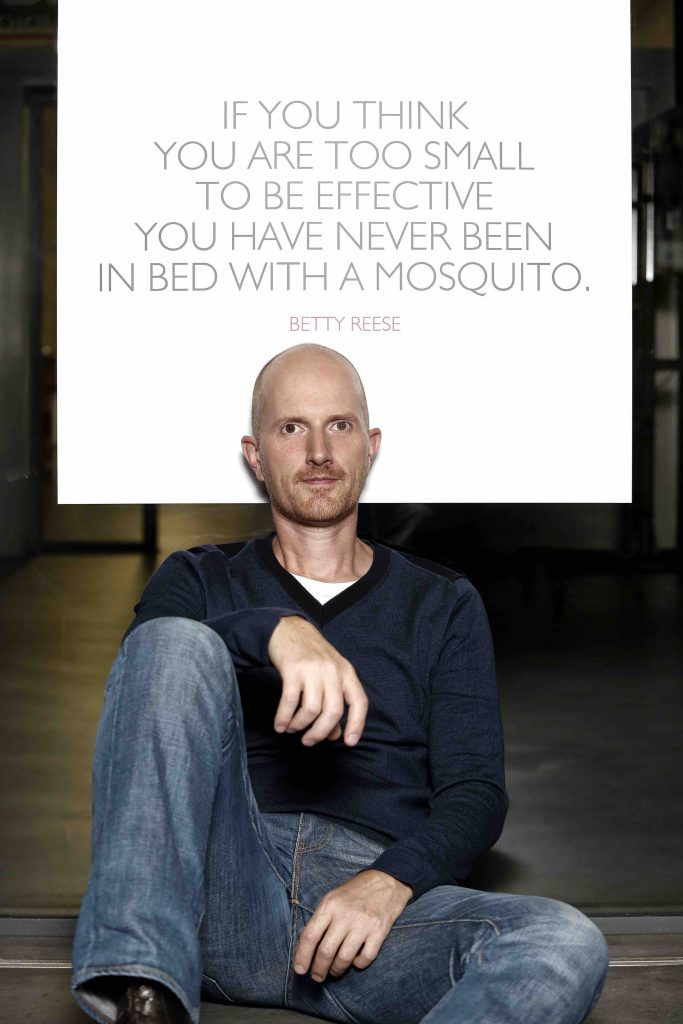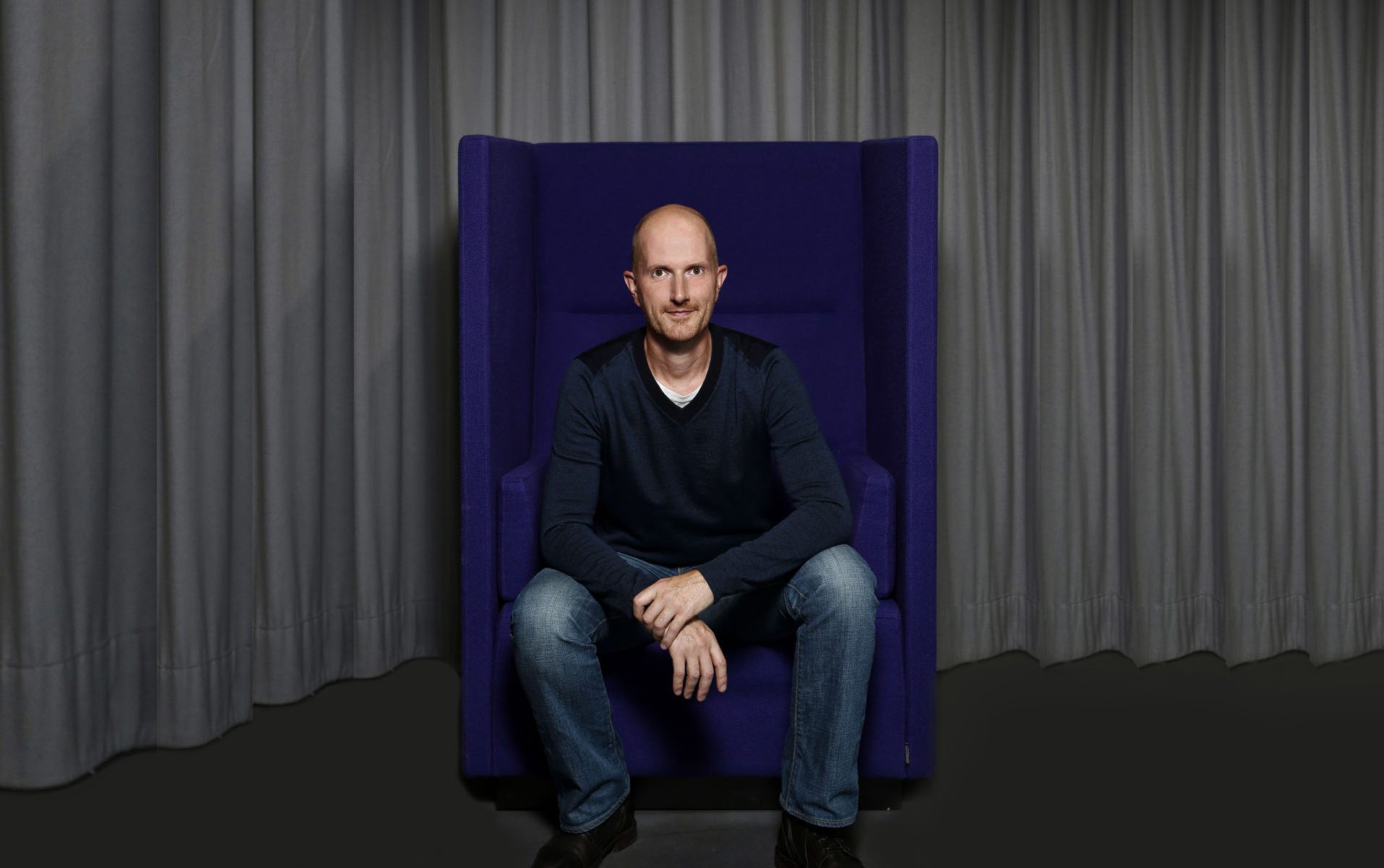Talking business incubators with Technoport
The myLIFE team met with Diego De Biasio, CEO of Technoport, to learn more about this Luxembourg business incubator celebrating its 20th anniversary in 2018, and about the entrepreneurial sprit that drives the start-ups under its wing.
Hello Diego. Can you briefly explain what a business incubator is?
For me, a business incubator is a unique environment that brings together different elements of business creation, providing a flexible setting for new companies to get started and grow.
These structures offer business development services and processes, set-up infrastructure, and teams dedicated to supporting entrepreneurs in the initial stages of a business, which are generally the riskiest and the most challenging. Incubators also serve to connect entrepreneurs with a community of like-minded people with whom they can exchange best practices and even work together to create innovative synergies.
How does Technoport support start-ups?
The support process comprises several different stages. First, we validate entrepreneurs’ ideas and concepts through our coaching services. We then help them to make new contacts, give them access to our networks and put them in touch with experts in specific fields or industries. Finally you have the infrastructure stage, where we provide entrepreneurs with a workspace so that they can focus on what really matters: building their business.
Something that sets us apart is the diverse range of services we offer. We are not just an incubator; we also have a coworking space and a digital production lab known as the FabLab, for fast prototyping. Over the years, this has allowed us to expand the range of sectors we target.

What kind of start-ups does Technoport choose?
Technoport focuses on technological and innovative projects. But we don’t specialise in a particular area within this, like Paul Wurth InCub, which is more for the industrial sector (InduTech), or LHoFT, which is a FinTech hub. We take a more generalised approach, and now have around 40 active companies in very diverse fields, including the environment, materials, IT solutions and social media, to name a few.
What makes us different is that we look at two segments in particular: the first is start-ups, and the second is foreign companies that want to set up innovation and research centres in Luxembourg.
In most cases, entrepreneurs already have a very sound business idea, but what they lack is access to the contacts and the expertise they need to get their company off the ground.
Can you think of any notable success stories, and if so, how did Technoport contribute?
I won’t focus on a specific example, because every company has its own journey, and they don’t all have the same needs. In most cases, entrepreneurs already have a very sound business idea, but what they lack is access to the contacts and the expertise they need to get their business off the ground. That is where Technoport comes in.
I can certainly think of a few examples off the top of my head though. First there’s Trendiction, the company that developed Talkwalker, a simple, high-performance monitoring and online reputation management tool used by big brands and agencies worldwide. Not only were we invested in the idea from the very start, but it is through us that the founders were able to make contact with their current CEO. They now have almost 200 employees with offices in the US, Germany and Luxembourg.
Another example that springs to mind is IT security company SecureWave. We helped them hire several developers from outside the European Union whose skills were crucial for the company’s continued success, by working in close collaboration with the Ministry of Labour back in 2000–2001.
Then there’s Foobot, which develops and markets products for measuring indoor air quality. We put them in contact with The Faktory in Liège, a private investment fund and accelerator that ultimately invested in the company.
Finally, there’s LuxScan Technologies, which develops and markets scanners to optimise wood cutting and quality analysis, and which won the Export Award 2018. Here we had a key role in finding a suitable space for the company when it was time to leave the incubator, and thus in keeping them in Luxembourg.
Our selection process consists of four stages. […] By the end, we’re generally left with 7–10% of the total number of requests received throughout the year.
How does Technoport select start-ups?
Our selection process consists of four stages. In the first stage, entrepreneurs’ requests are filtered according to whether the project actually has a technological or innovative element to it. We retain around 70% of projects at this stage. After this initial selection, the support process really begins. First we work with the entrepreneur to validate their concept, then we assemble a panel of external reviewers to meet with them. These will be people from the industry, in tech or from the bank.
The reviewers assess the project, and their opinions, along with ours, are sent to the board for final approval. By the end, we’re generally left with 7–10% of the total number of requests received throughout the year.
In Luxembourg, companies quickly reach the point where they need to expand internationally if they want to keep growing.
Technoport has been recognised as one of the top incubators in Europe. To what do you owe your success?
I think it would have to be our operating and governance model. We have a great success rate. Of the 59 companies to come out of our incubator, 17 have been bought. In Luxembourg, companies quickly reach the point where they need to expand internationally if they want to keep growing. This is not necessarily the case with incubators I’ve seen in France, Germany, Italy or Spain, where companies are primarily focused on conquering the domestic market.

So Diego, do you have any advice for young entrepreneurs looking to start their own business?
I think that most importantly, you need to be passionate about what you do. Before setting up a company, you need to ask yourself why, and what you want to achieve. At Technoport, we’ve had companies that have seen exponential growth, and others that have decided to keep things smaller and more personal. They all had equally innovative solutions – they just followed a different business development model. It is up to the entrepreneur to decide what type of start-up they want to run, and this decision will dictate what they need to get their business going.
For more information, visit Technoport.lu.


 Mortgage
Mortgage Personal loan
Personal loan Savings
Savings